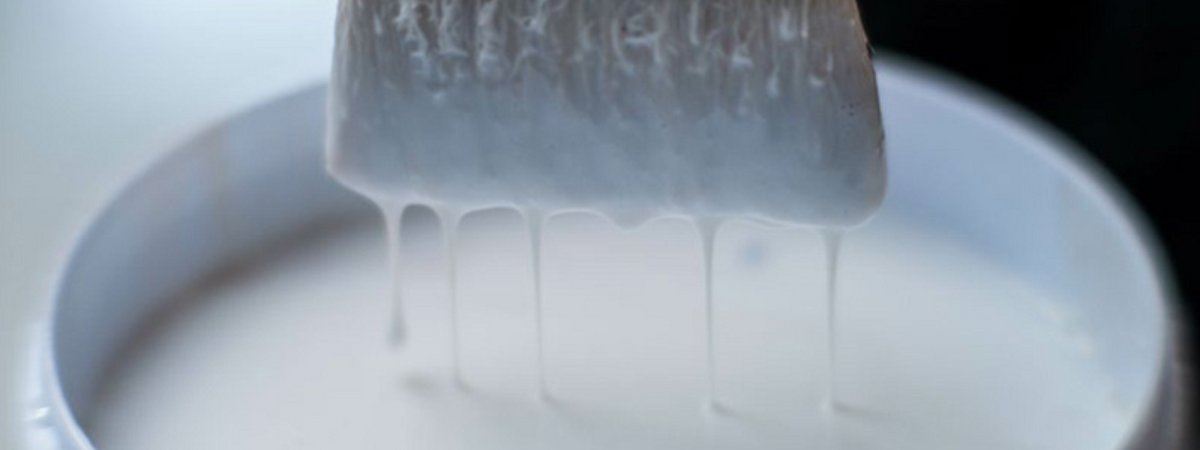IHD: Alternative preservation for hydro lacquers and water-based stains

In order to prevent microbial infestation of water-based formulations in hydro lacquers and water-based stains, a project at the Institute of Wood Technology Dresden (IHD) is developing an alternative preservation method based on natural substances such as plant extracts or essential oils.
The trend from solvent-based to water-based coating formulations continues
. For manufacturers of lacquers, varnishes, paints and stains, this involves a balancing act between
performance and product durability at the same time, as water-based formulations are generally exposed to microbial attack more quickly than their solvent-based counterparts. On the one hand, this is accompanied by visual and sensory changes such as odor and color; on the other hand, coating properties such as viscosity in the container or subsequent resistance are also affected by these changes. Furthermore, hygienic aspects also play a role in product contamination. At the same time, biocides used to protect such formulations in the container (pot preservation) are being increasingly regulated under the EU REACH Regulation, partly for allergological reasons.
Safe preservation against the main microorganisms bacteria, yeasts and fungi is difficult or only possible if the product is labeled as a hazardous substance. This is where the project, funded by the Fachagentur nachwachsende Rohstoffe e. V. (FNR) and running since September of this year, wants to start and develop a preservation based on natural substances such as plant extracts or essential oils, which can be used to ensure microbial resistance. Among other things, combinations of active ingredients and additives to improve the solubility of the active ingredients will be used to control formulation and at the same time achieve minimum application concentrations. The development work will be carried out over the next two years in cooperation with the paint manufacturer Hesse GmbH & Co KG in order to enable a rapid market launch for particularly affected products. The project with the funding code F723000 is funded by the Federal Ministry of Food and Agriculture (BMEL) via the Agency for Renewable Resources (FNR).
